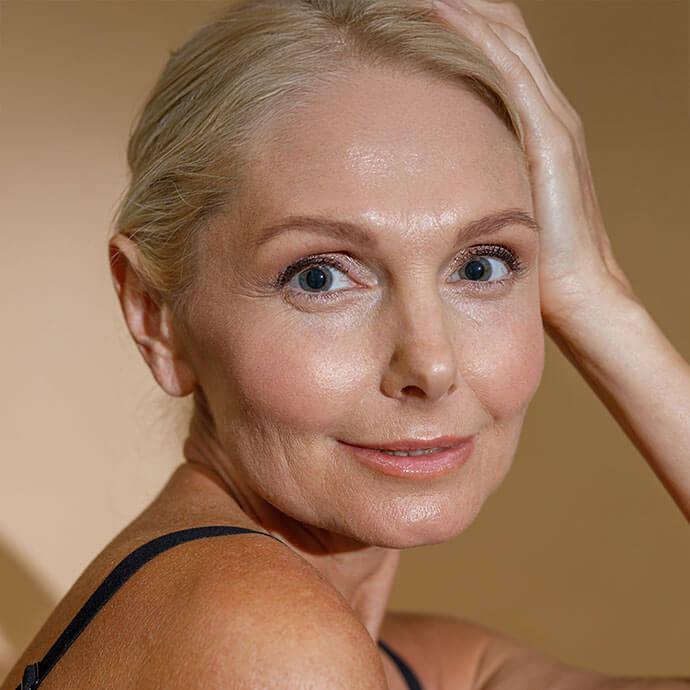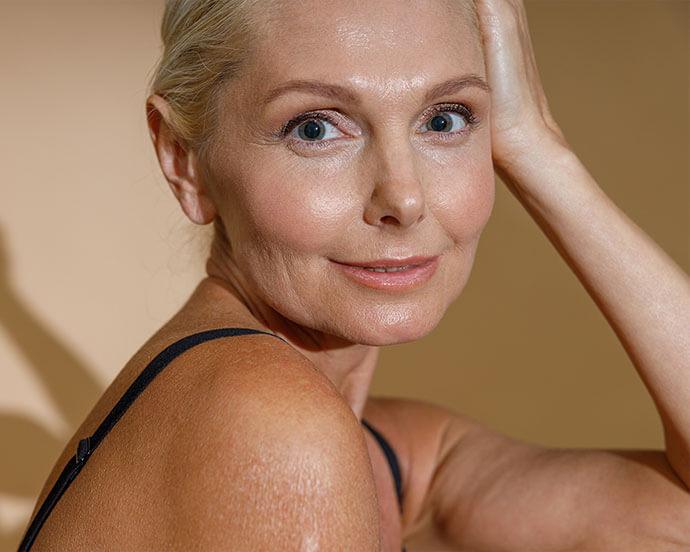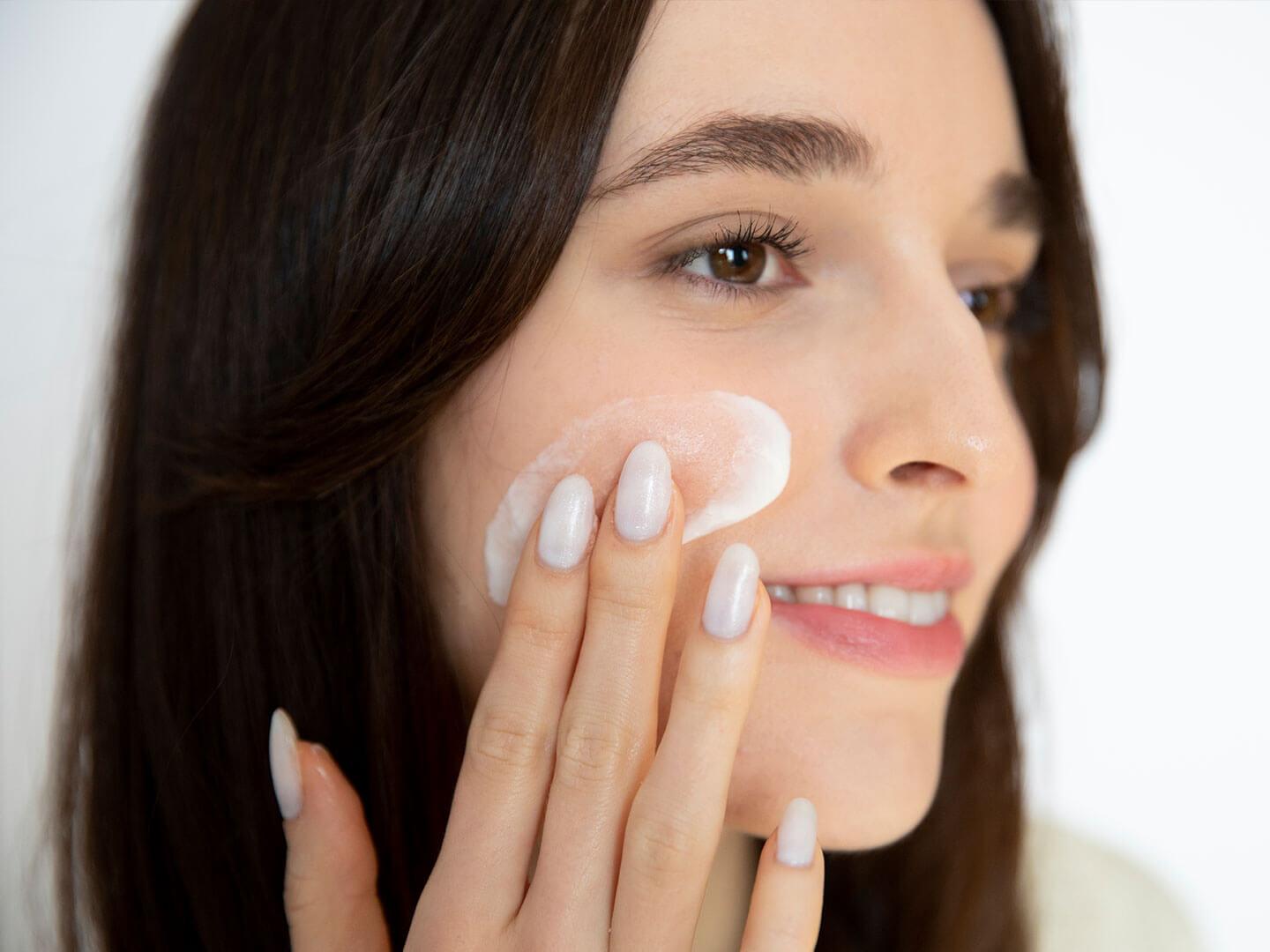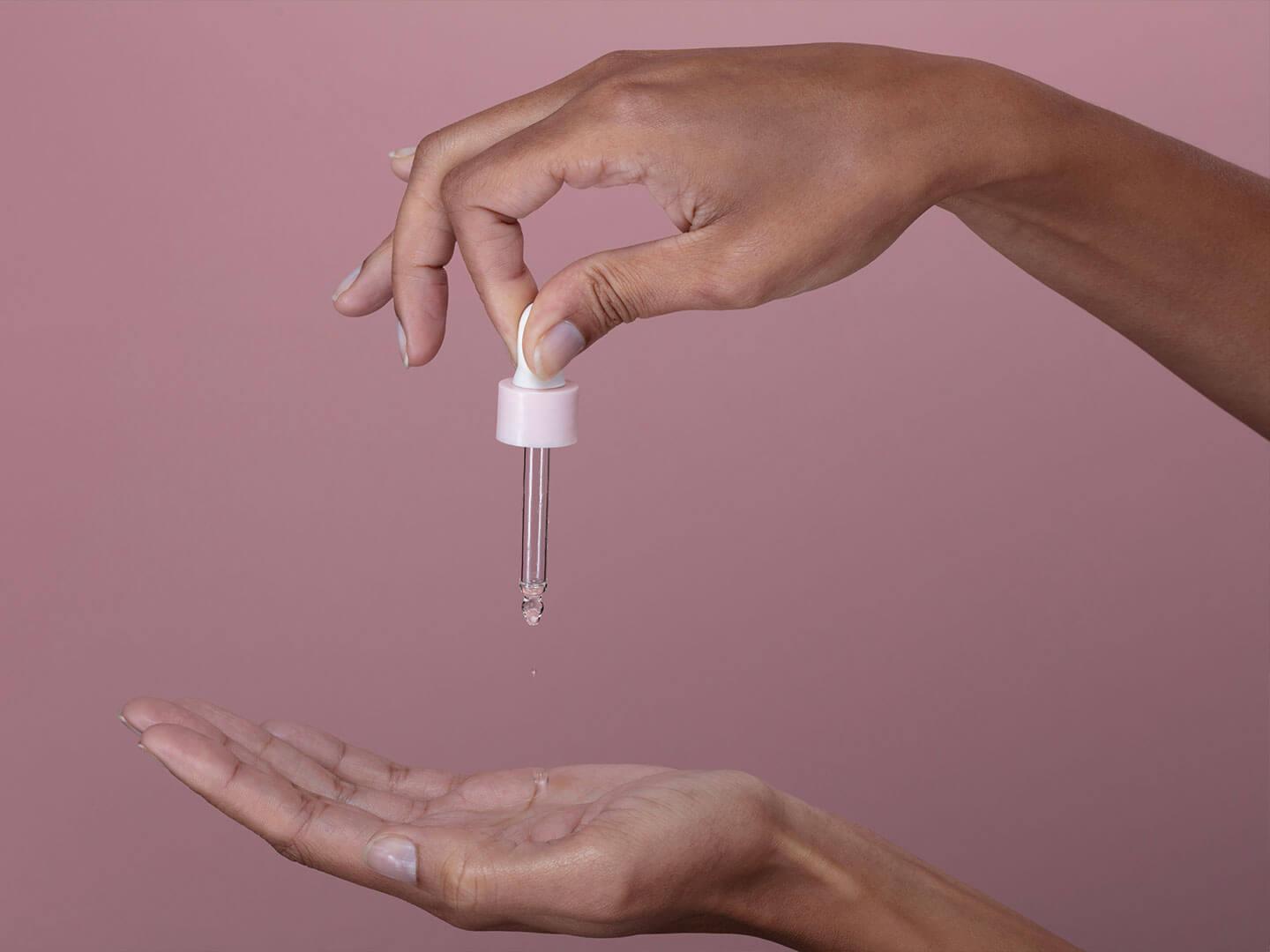What Is Reactive Skin and How Do You Treat It? Our Expert Weighs In



Maya Ernest


Photo by Klaus Vedfelt / Getty Images
Sometimes sensitive skin really is more than skin deep. Have you ever noticed your skin overreact to things like changes in temperature, exposure to certain materials, or the application of makeup? If yes, there might be a chance that your skin is reactive—not just sensitive.
Reactive skin can be a pain (sometimes literally). That’s why we tapped double board-certified dermatologist and dermatopathologist Morayo Adisa, MD, FAAD, director of Dermatology Physicians SC, to get the inside scoop on skin hypersensitivity and help you better identify and understand the phenomenon. Of course, we’ve also found out how to anticipate your skin’s reactions and how to properly take care of them. Keep reading for our expert guide on reactive skin.
It's about glam time you treated yourself.
Join IPSY

MEET THE EXPERT
Morayo Adisa, MD, FAAD, is a double board-certified dermatologist and dermatopathologist, and director of Dermatology Physicians SC.
What Is Reactive Skin?
Reactive skin, otherwise known as hypersensitive or intolerant skin, is a common type of skin sensitivity. It’s triggered by your immune system, which can overreact to certain things including makeup ingredients, pollution, and stress. “Reactive skin is not a medical diagnosis,” says Dr. Adisa. “It’s a descriptive term that has been coined on social media to define skin that responds excessively to certain internal or external stimuli.”
Here’s How to Know If Your Skin Is Reactive
If you’re wondering the difference between reactive skin and sensitive skin, know that reactive skin (per its name) reacts more quickly and intensely to triggers. Symptoms are sometimes visible—like dryness, redness, irritation, bumps, and even contact dermatitis and allergic reactions—or they can hide beneath the surface of your skin with sensations like burning, itching, or stinging.
Reactive skin most commonly affects the skin on your face, neck, collar bones, and hands. According to Dr. Adisa, you’ll want to make an appointment with a board-certified dermatologist if you experience blotchy redness or irritation in those areas, especially with temperature change, certain social situations, or the application of products (however mild or gentle).
What Can Trigger Reactive Skin?
“Reactive skin can be triggered by external or internal factors,” says Dr. Adisa. “These include hormones, stress, and anxiety, as well as the overuse of certain skincare practices, harsh skincare products, and changes in temperature and UV radiation.” Even exposure to specific fabrics and water hardness can stress out your skin.
When your skin is compromised by these factors, your skin barrier isn’t able to function well, leaving your skin dehydrated and vulnerable to external aggressors. The result? Redness, inflammation, and hypersensitivity to skincare products or the sun.
How to Care for Reactive Skin
1. Identify the Triggers
In order to care for reactive skin, you’ll first have to identify what’s triggering it. Pay attention to when and how your skin reacts: Does it happen after your skincare routine, or after you’ve been in the sun all day? Try adjusting your lifestyle or beauty products to pinpoint the cause. “A board-certified dermatologist can help identify triggers and also recommend an appropriate skincare regimen,” adds Dr. Adisa.
2. Make Small Changes in Your Lifestyle
As you figure out your skin’s triggers, calm irritated skin by simplifying your daily routine. Wear clothes made out of breathable materials (like cotton), and avoid showers that are too hot or too long, since that can lead to skin stripping. Protect your skin from temperature fluctuations and limit sun exposure by using sunscreen—we like this SPF 40 Unseen Sunscreen by SUPERGOOP.
3. Rethink Your Skincare Routine
When it comes to skin, sometimes less is more. “In general, it’s best to use fewer and mild skincare products that are hypoallergenic and fragrance-free,” says Dr. Adisa. “You’ll also want to avoid harsh skin care practices.” Skip the exfoliator and retinoids and instead reach for a gentle cleanser and an intense moisturizer that nourishes your skin. Make sure to round out your skincare routine with a high-protection sunscreen too.
Reinforcing your skin barrier is key to calming down reactive skin. A strong skin barrier means fewer aggressors and irritants will be able to penetrate the skin, which in turn means that you’ll experience less irritation and fewer reactivity flare-ups. This Nutrient-Charged Water Gel from MURAD is specifically formulated to strengthen your skin barrier, thanks to ceramides and vitamin B which quite literally help your skin bounce back. For added moisture, you can also use a calming serum like TULA SKINCARE’s 24-7 Ultra Hydration Triple-Hydra™ Complex Day & Night Serum, which promises 24 hours of hydration with ingredients like hyaluronic acid and polyglutamic acid.
Reactive Skin FAQs
What causes uncomfortable skin sensations?
Uncomfortable skin sensations can come from a myriad of factors. Dr. Adisa cites skin conditions such as eczema and rosacea, as well as systemic diseases like thyroid and nerve disorders. More commonly, skin is disturbed by irritation or allergies to skincare products and aggressive skincare practices.
What’s the difference between reactive skin and sensitive skin?
“Reactive skin is a descriptive term for skin that overreacts to innocuous internal or external factors,” explains Dr. Adisa. “Meanwhile, sensitive skin is a skin type that is easily irritated by things coming in contact with the skin.” Reactive skin will react much faster and stronger than sensitive skin, and will often have less visible symptoms, leaving you with sensations of stinging, burning, or tightness.
What’s the difference between reactive skin and rosacea?
Still, redness and irritation aren’t just signs of reactive skin—you could be dealing with rosacea, which Dr. Adisa identifies as a chronic inflammatory condition that can be an underlying cause for reactive skin. Rosacea, however, requires a course of treatment prescribed by a dermatologist, while reactive skin is a skin concern that comes and goes.
Liked this post? Share!
Related Stories


Skin
This Is How People Are Using Retinol Without Peeling
Published on Feb 3, 2026 • 5 min read


Skin
The 10 Best Barrier Creams for Every Skin Type
Published on Oct 10, 2024


Skin
7 Expert-Backed Hacks to Fix Your Skin Barrier
Published on Nov 27, 2024 • 5 min read


Skin
Your Step-By-Step Guide to the Perfect Morning Skincare
Published on Sep 11, 2024


Skin
Sensitive or Reactive? Let’s Get Real About What’s Going On With Your Skin
Published on Feb 3, 2026 • 5 min read


Skin
Should Skincare Hurt? Experts Say Stop Using Your Product If This Happens
Published on Feb 3, 2026 • 3 min read


Skin
What Does Stress Do to Your Skin? Experts Weigh In
Published on Feb 3, 2026 • 9 min read


Skin
Unlocking the Mind-Skin Connection: Mindfulness for Clearer, Healthier Skin
Published on Jul 13, 2023


Beauty Picked Just for You
Get 5 products worth up to $70
Plus exclusive access to epic deals up to 80% off
Starting at just $14/month. Cancel anytime.